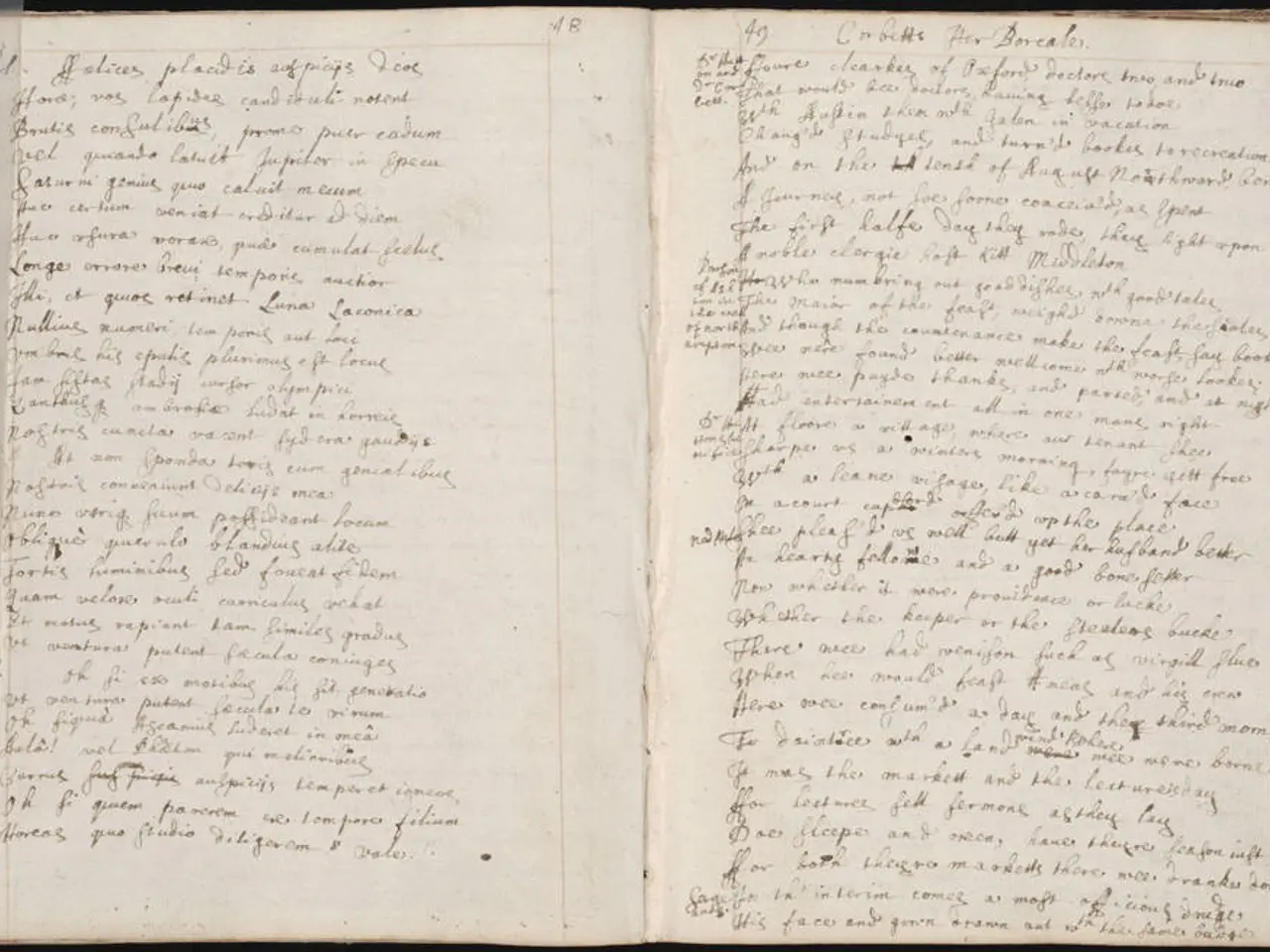Securing Pensions for the Future: Barbara Bas's Pension Plan Defends 48% Level, Affects 2028 and Beyond
Ensuring a retirement benefit at 48% of the salary for Bas.
Swimming against the tide of the retirement crisis, Social Minister Barbara Bas is gearing to secure the pension level at an impressive 48%, at an estimated cost. The proposal has been submitted for internal government review, according to trusted insiders. Moreover, obstacles will be removed to encourage senior employees to delay retirement if they so wish.
In the ARD Tagesschau, Barbara Bas stated, "This means stability and security for people, ensuring a steady pension post long years of hard work." The bill plans to maintain the 48% pension level cap until 2031, thereby preventing the decoupling of pensions from wages till then.
What is the Pension Level?
The recent pension increase already incorporated the temporary cap. Approximately 21 million pensioners in Germany will experience a 3.74% benefit increase starting July 1st. Established by regulation, the pension value has been set to achieve the legally mandated pension level of 48%.
The pension level quantifies the pension's financial security relative to wages. Essentially, it represents the ratio of average income to a "standard pension." Stable pension levels signify that statutory pensions keep pace with income development. "Federal tax funds will repay the resulting additional pension insurance costs," the bill indicates, "thus avoiding the impact on contribution rates."
How Much Will it Cost?
Aging populations are straining pension systems, with fewer workers contributing to the fund while more people start receiving benefits. On current calculations, the pension level would drop from the present 48% to 46.9% by 2030 and to 44.9% by 2045, with pensions growing less than workers' incomes.
The SPD has long advocated for a sustainable pension level, primarily to curb rising wage-related costs. Yet, substantial tax funds are now expected to be allocated. According to the bill, the reimbursement of additional costs beginning from 2029 onwards will initially amount to €4.1 billion, increasing to €9.4 billion in 2030 and €11.2 billion in 2031.
A Look Ahead: 2029 and Beyond
The federal government will produce a report on the contribution rate and federal subsidies in 2029 to assess the measures needed to preserve the pension level beyond 2031.
Expanded Parental Leave and Flexible Return to Work
The statutory pension insurance will extend child-rearing leave by an additional 6 months for babies born before 1992. However, the expanded parental leave benefit will only be disbursed starting in 2028, affording the pension insurance system two years for technical implementation.
To facilitate older individuals reaching regular retirement age returning to their previous employer, the current restriction on rehiring will be lifted.
- Despite the Commission's yet-to-be-decision on the application of the Regulation, Social Minister Barbara Bas is pushing for the maintenance of the 48% pension level, a move that falls under the broader category of policy-and-legislation and is part of the ongoing political discourse on general-news.
- The proposed extension of child-rearing leave by an additional 6 months for babies born before 1992 is scheduled to begin in 2028, making it a matters of both policy-and-legislation and general-news, as it falls within the timeline of events beyond 2028.








